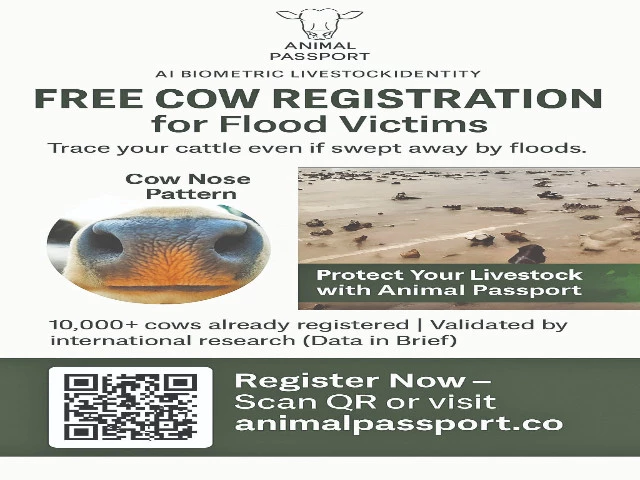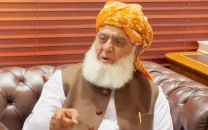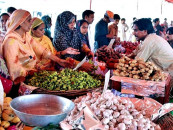AI app to help farmers trace livestock during floods
'Animal Passport' uses artificial intelligence to identify and verify animals through unique nose prints

A group of Karachi-based young engineers and researchers has developed an artificial intelligence-based mobile application to assist farmers in tracing and recovering livestock lost during floods. The app, 'Animal Passport,' is being offered free of cost across the country to mitigate the financial losses farmers face during natural disasters.
Every year, thousands of animals are swept away or separated from their owners as communities relocate to safer areas during rain-induced floods. In the absence of a formal tracking mechanism, many farmers are unable to recover their valuable livestock, resulting in economic hardship.
To address this longstanding challenge, a team of local engineers has introduced the Animal Passport app - an innovative digital platform that uses artificial intelligence to identify and verify animals through unique nose prints.
The app creates a unique digital identity for each animal by scanning the distinctive pore patterns on its nose. Owners can register their cattle by submitting personal details such as name, contact number, address, and the animal's age, gender, and colour. In the event of displacement or loss, the application can help match a found animal to its registered owner with high accuracy.
According to Abdul Basit Qureshi, the founder of Global Animal Passport, the app has been launched free of charge to support farmers in flood-prone areas. "This is our contribution to the farming community. We want farmers to protect their livestock before floodwaters strike," he told The Express Tribune.
Basit urged farmers in Sindh to register their animals ahead of time, as the province braces for a "super flood" which has left a trail of destruction in Punjab. "This is the ideal window for farmers to prepare. Once registered, their animals can be identified and returned if lost during evacuation or displacement," he added.
So far, over 10,000 animals have been registered through the application, which has demonstrated 99.9 per cent accuracy in trial runs. For optimal results, the animal's nose must be dried before scanning to ensure a clear image is captured.
The initiative is being hailed as a major breakthrough in the use of technology for agricultural and disaster management.



















COMMENTS (1)
Comments are moderated and generally will be posted if they are on-topic and not abusive.
For more information, please see our Comments FAQ